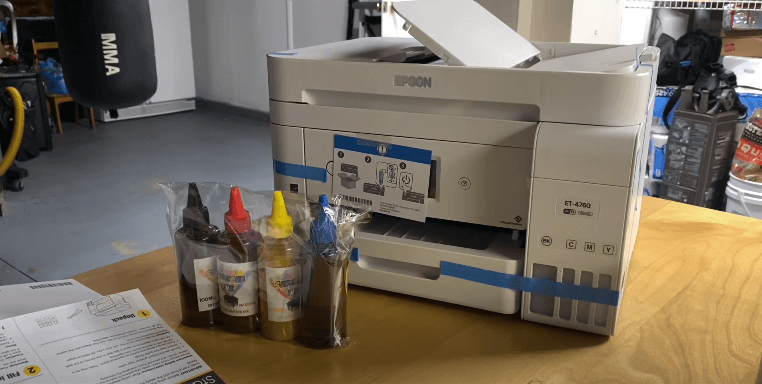Introduction
Maintaining a healthy body is not just about the type of food you eat but also about the quantity. Consuming the right amount of food is crucial for achieving and sustaining good health. In this article, we will explore the importance of portion control and how much food you should consume to support a healthy body.The Basics of Balanced Nutrition
Balanced nutrition is the cornerstone of a healthy body. It involves eating a variety of foods that provide essential nutrients, including carbohydrates, proteins, fats, vitamins, and minerals. The key to balanced nutrition is not just what you eat but also how much you eat. Overeating can lead to weight gain, while undereating can deprive your body of essential nutrients.Portion Control
Portion control is the practice of consciously managing the amount of food you consume in each meal. It helps ensure that you don't overindulge or under-consume, both of which can have adverse effects on your health. Here are some practical tips for portion control:- Use smaller plates: Eating from smaller plates can help trick your brain into thinking you're eating more than you actually are.
- Pay attention to hunger cues: Listen to your body's hunger signals. Eat when you're hungry and stop when you're satisfied.
- Avoid mindless eating: Eating in front of the TV or computer can lead to overeating. Try to eat mindfully, focusing on the taste and texture of your food.
- Be mindful of restaurant servings: Restaurant portions are often larger than what you need. Consider sharing a dish or taking half home.
- Read food labels: Pay attention to serving sizes on food labels to understand how much you're consuming.
How Much of Each Nutrient Do You Need?
The quantity of food you should consume varies based on individual factors such as age, gender, activity level, and overall health. Here's a general guideline on how much of each nutrient you need in a balanced diet:- Carbohydrates: Carbohydrates should make up about 45-65% of your daily calorie intake. Choose complex carbohydrates like whole grains, fruits, and vegetables.
- Proteins: About 10-35% of your daily calories should come from protein sources, such as lean meats, fish, legumes, and dairy products.
- Fats: Aim for 20-35% of your daily calories from healthy fats like avocados, nuts, and olive oil.
- Vitamins and Minerals: Consume a variety of fruits and vegetables to ensure you get a wide range of vitamins and minerals. The exact amounts vary, but a balanced diet should provide all the essential nutrients your body needs.
- Hydration: Drink at least 8-10 cups (64-80 ounces) of water per day, but the amount can vary based on your activity level and climate.





